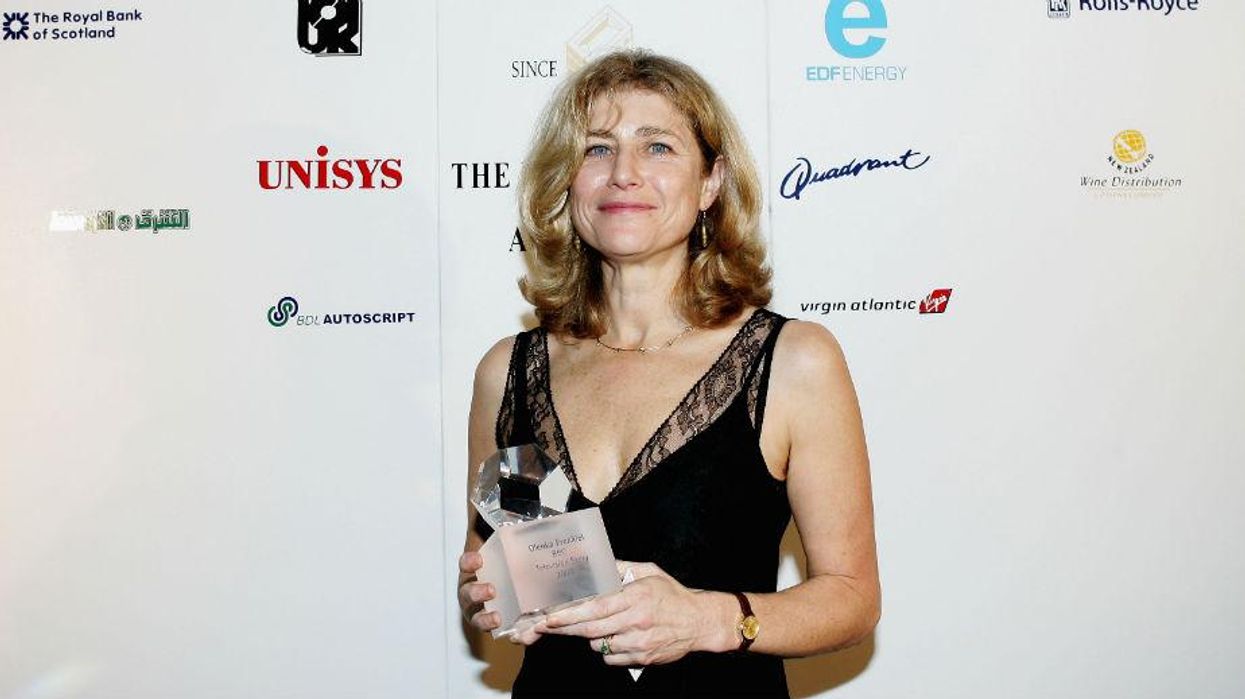News
Lewis Smith
Nov 08, 2014

Olenka Frenkiel with her award for TV Journalist of the Year at the Foreign Press Association awards, 2004
The BBC has been accused of "not telling the truth" about its attitudes to older women by yet another former presenter.
Olenka Frenkiel, 59, the first BBC reporter to reach the Berlin Wall when it came down, broke her silence on older women presenters after being forced out of the BBC.
She said she refused to sign a gagging clause when she left because she wanted to be able to speak out about the experience of older women at the corporation.
I had a great career in the BBC. I've seen the world and done all sorts of interesting things and I don't want anyone to think 'oh poor me'.
But I don't like that the greatest broadcasting organisation in the world is getting away with not telling the truth.
- Olenka Frenkiel
When Miriam O'Reilly won her ageism case against the BBC in 2012, Mark Thompson, who was then its Director General, promised that it would be a turning point for the corporation.
But Ms Frenkiel told the Guardian:
It is dishonest for the BBC to claim to have changed while continuing discriminatory policies and then demanding victims sign gagging clauses.
If your public statements are to carry credibility, the current policy of forcing middle-aged women to leave should stop.
- Olenka Frenkiel
Recent research suggests that across all broadcasters just 5 per cent of presenters are women over 50 and that 82 per cent of over-50s on screen are men.
A BBC spokesman told the Guardian: "We actually have many excellent experienced female journalists across BBC News: Lyse Doucet, Orla Guerin, Sarah Montague, Martha Kearney, Carole Walker and Maxine Mawhinney among others.
“We’ve increased the number of presenter appearances of Carole Walker too in recent months. We will continue to work hard to make sure our presenting teams are as diverse as possible."
More: Women - From today until January you are working for free
Top 100
The Conversation (0)













